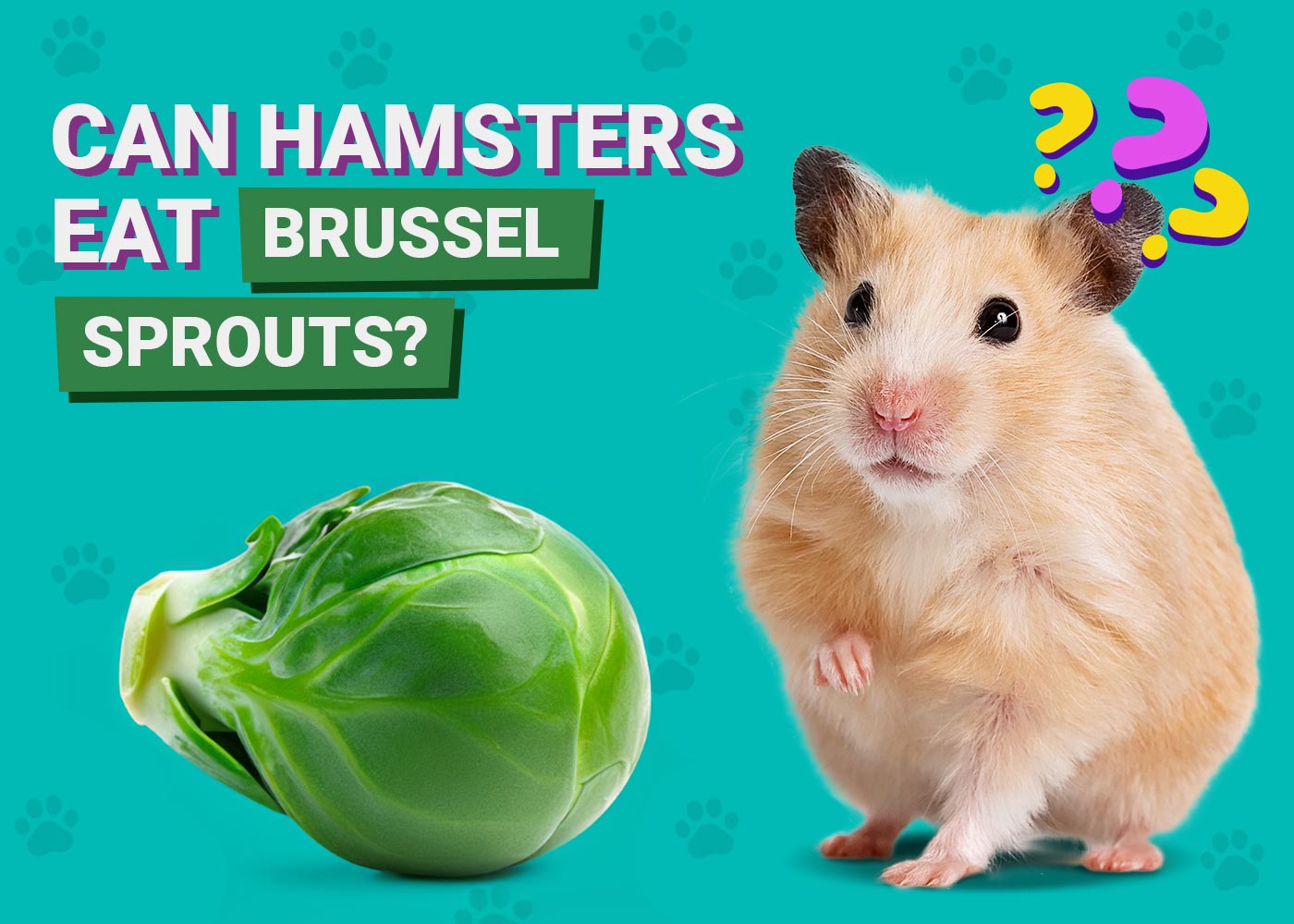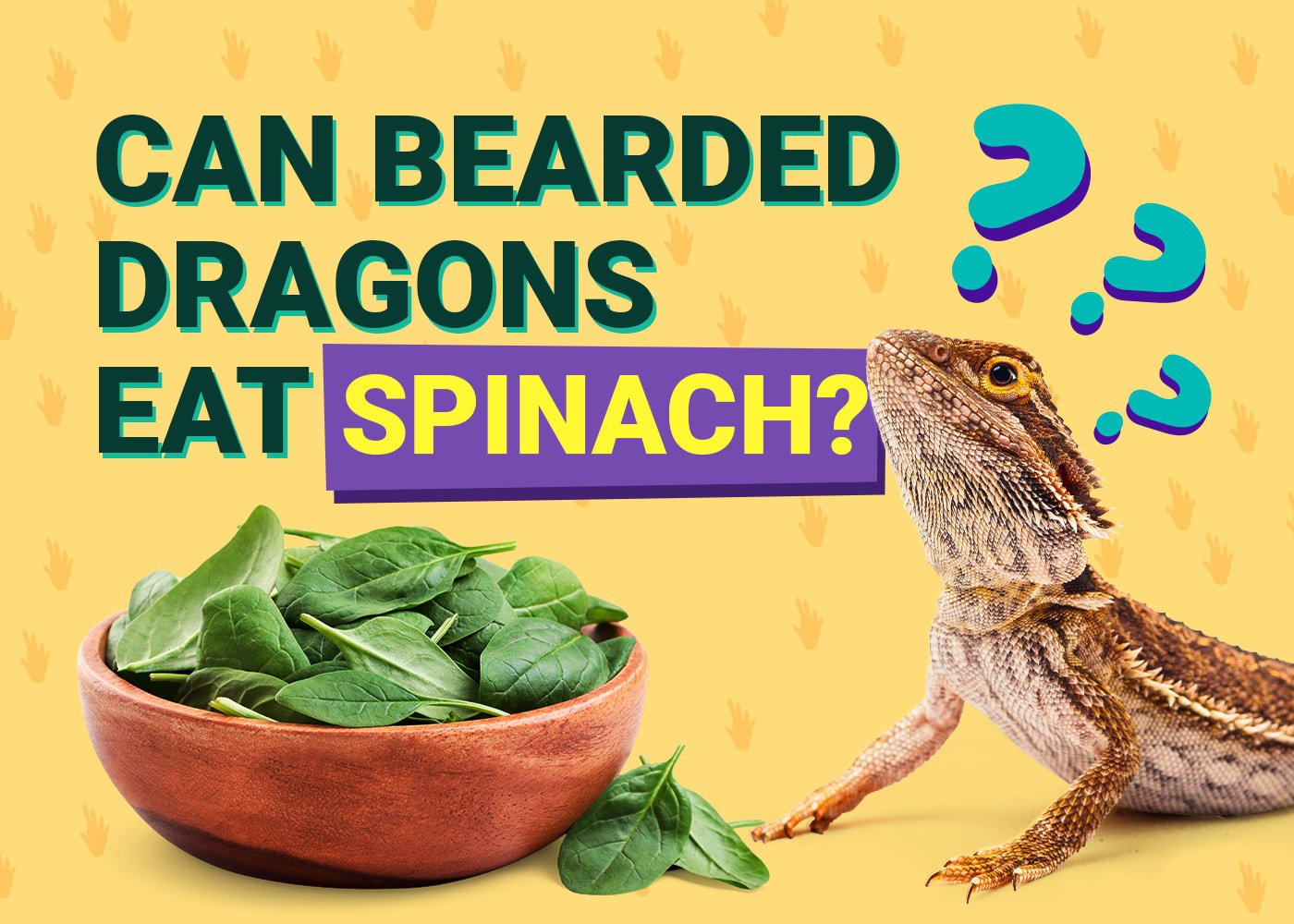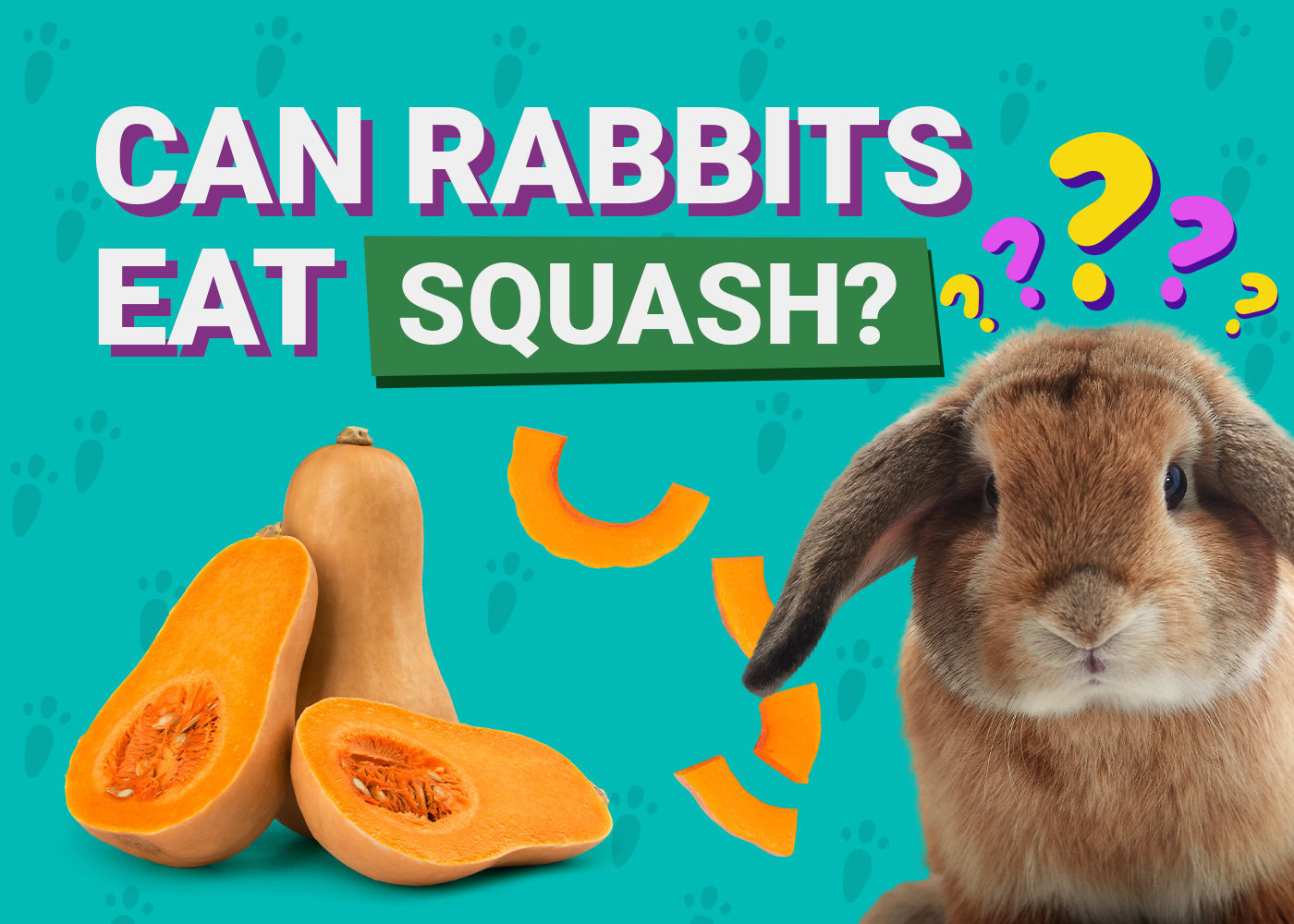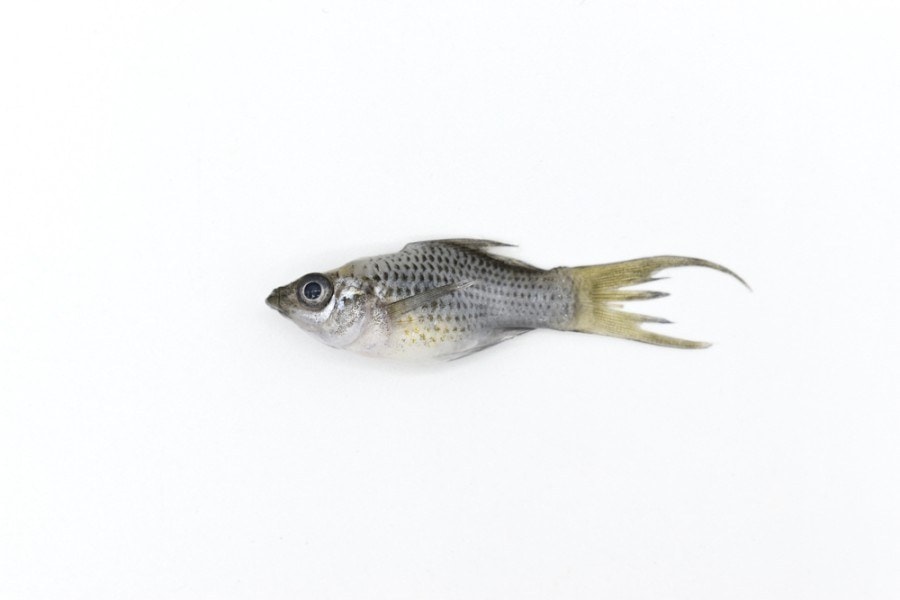VET APPROVED

The information is current and up-to-date in accordance with the latest veterinarian research.
Learn more »Click to Skip Ahead
Hamsters are adorable little rodents kept as pets by many families across the world. Hamsters are omnivores; in the wild, they live on a diet consisting mainly of plants, seeds, cereals, leaves, plants, and insects. Pet hamsters, therefore, need their diet at home to mimic their original eating habits and requirements as much as possible. However, giving our furry friends a treat is also a pleasure, and part of the fun of owning a small animal!
You may be wondering, then, if you can feed Brussels sprouts to your pet hamster. Is it a safe vegetable to give to them? Brussels sprouts are indeed a great and safe vegetable to feed to your hamster, with many health benefits due to the nutrition these veggies pack. However, there are a few limitations to feeding sprouts to hamsters.

The Benefits of Hamsters Eating Brussels Sprouts
It is advisable to feed a selection of veggies to your hamster every week, and Brussels sprouts are a fabulous vegetable to include. It also appears most hamsters enjoy munching these mini cabbages too.
Many nutrients are contained in sprouts, making them a suitable addition to your hamster’s diet. They are a good source of fiber, antioxidants, and moisture.
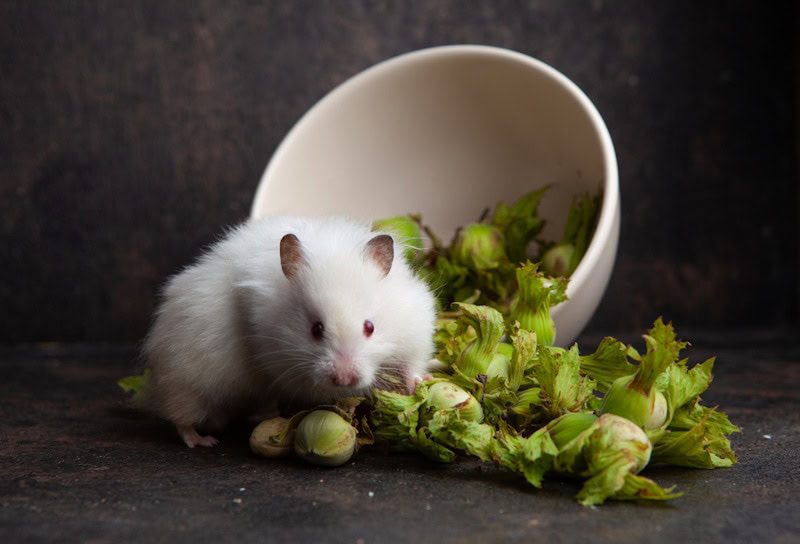
- 43 calories
- 86g water
- 8 g fiber
- 38 g protein
- 2 g sugar
- 3 g fat
Brussels sprouts also contain Vitamins A, C & K, potassium, phosphorus, calcium and iron.
What Are the Risks of Feeding Brussels Sprouts to My Hamster?
Brussels sprouts are safe to feed to hamsters, but they should be fed raw and fresh, not cooked. Cooking sprouts reduces the nutritional content significantly, plus it seems that hamsters don’t enjoy them as much.
Brussels sprouts belong to a group known as cruciferous vegetables, which include cabbage, broccoli, and cauliflower, to name a few. These are healthy vegetables that are nutrient-rich and high in fiber, which is why they have a reputation for a smelly side effect. While fiber is an important component of a hamster’s diet, too much can cause gas, bloating, or diarrhea – you can have too much of a good thing!
Hamsters are particularly sensitive to gastrointestinal upset, and a simple case of diarrhea can quickly become a serious problem. For this reason, we mustn’t go overboard with the sprouts.
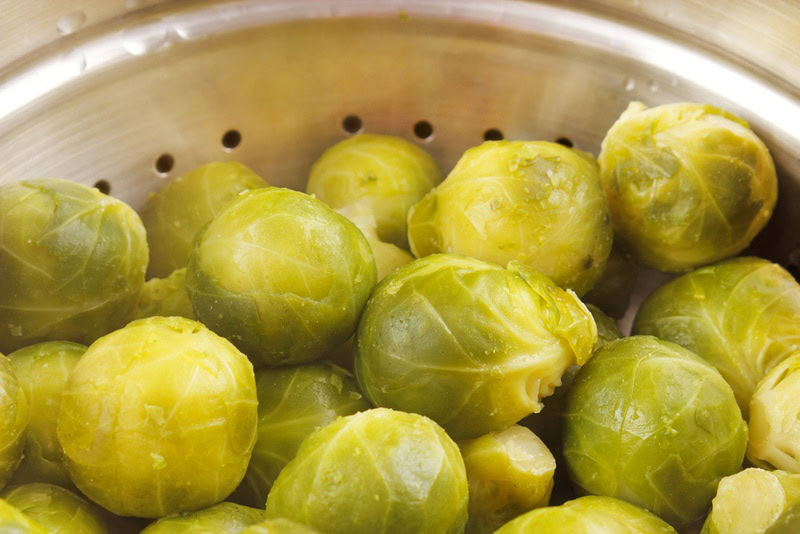
How Many Brussels Sprouts Can a Hamster Eat?
This is always worth checking with your veterinarian for a tailored answer, as it will vary from hamster to hamster, but a general rule of thumb is not to feed Brussels sprouts to baby hamsters and only half a Brussels sprout to adult hamsters twice a week.
Consider cutting the sprout into quarters, and if it is a new veggie for your hamster, try offering one quarter at first to see if it is tolerated and doesn’t cause any upsets.

What Do Hamsters Eat?
- 75% of a pellet compound formulation
- 20% fresh produce, seeds, animal protein (eg. mealworms, boiled egg)
- 5% treats, including fruit
Pellets are a commercial diet offering complete nutrition for your hamster. They are readily available from pet stores, supermarkets, or online stores. These complete pellet diets contain all the correct nutrients and amount a hamster needs. Be sure to purchase a complete and balanced diet specifically for hamsters, as diets for other rodents are not the same and cannot be fed instead. Avoid foods that contain a lot of seeds or fruit, as your hamster will likely fill up on these tasty bits, leaving behind the more essential components.
Fresh produce, such as leafy greens, dandelions, and vegetables can be offered daily; they love to eat these types of foods, and they’re good for their health. Remember to provide hay or grass (eg. Timothy hay) that can double as a healthy snack and bedding material – hamsters love to burrow!
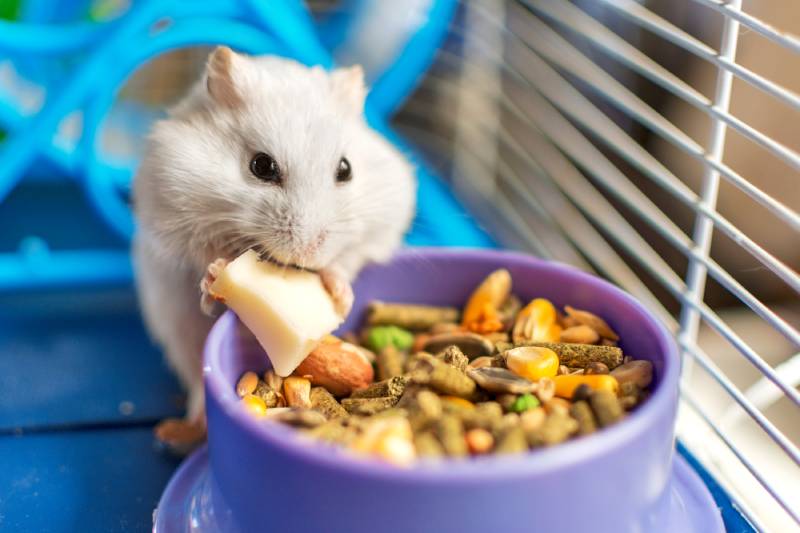
What Human Foods Can Hamsters Eat?
As with all extra treats and snacks for hamsters (and all pets), treats need to be given in moderation. Here are a few healthy and safe (human) foods you can feed to your pet hamster. Any uneaten fruits or veggies need to be removed from their enclosure after around 10 to 12 hours to avoid spoilage.
- Leafy greens
- Sweet Potato
- Cauliflower
- Seeds
- Carrots
- Apples
- Raisins
- Peas
- Pepper
- Cucumbers
- Blueberries
- Spinach
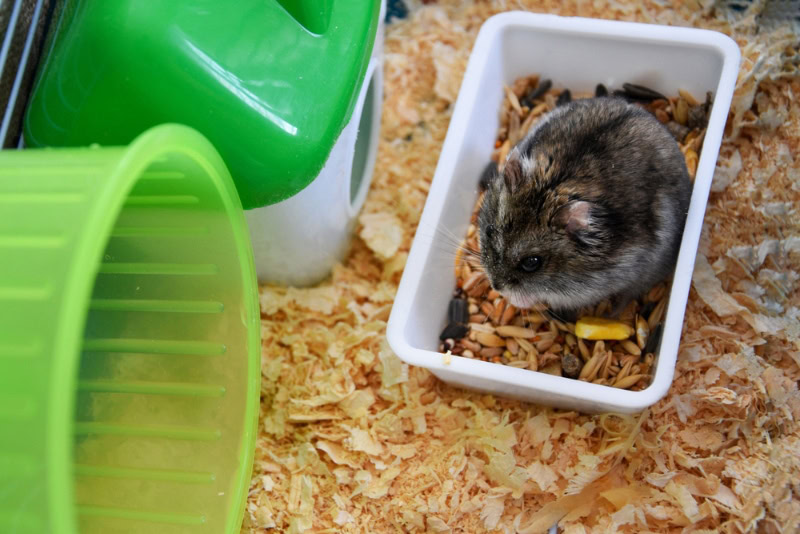

Frequently Asked Questions
Can Hamsters Eat Tomatoes?
While tomatoes are not toxic to hamsters, they’re also not the best fruit to offer due to their high acidic content, which can potentially cause digestive issues, such as diarrhea or wet tail.
Can Hamsters Eat Strawberries?
Yes, strawberries are a safe and healthy treat for your hamster to consume in small amounts.
Can Hamsters Eat Grapes?
Yes, but only occasionally. For example, ¼ of a grape per week. This is due to the high sugar content of grapes which can contribute to obesity.
Can Hamsters Eat Oranges?
No, it is best not to feed oranges to hamsters due to the high citric acid content and sugar levels.

Conclusion
Brussels sprouts are a healthy vegetable, both for humans and hamsters. Just be sure to feed in them moderation and monitor for any signs of gastrointestinal upset. Always check in with your veterinarian if you are unsure about the serving sizes, or have any health concerns.
Featured Image Credit: Denis Tabler, Shutterstock
